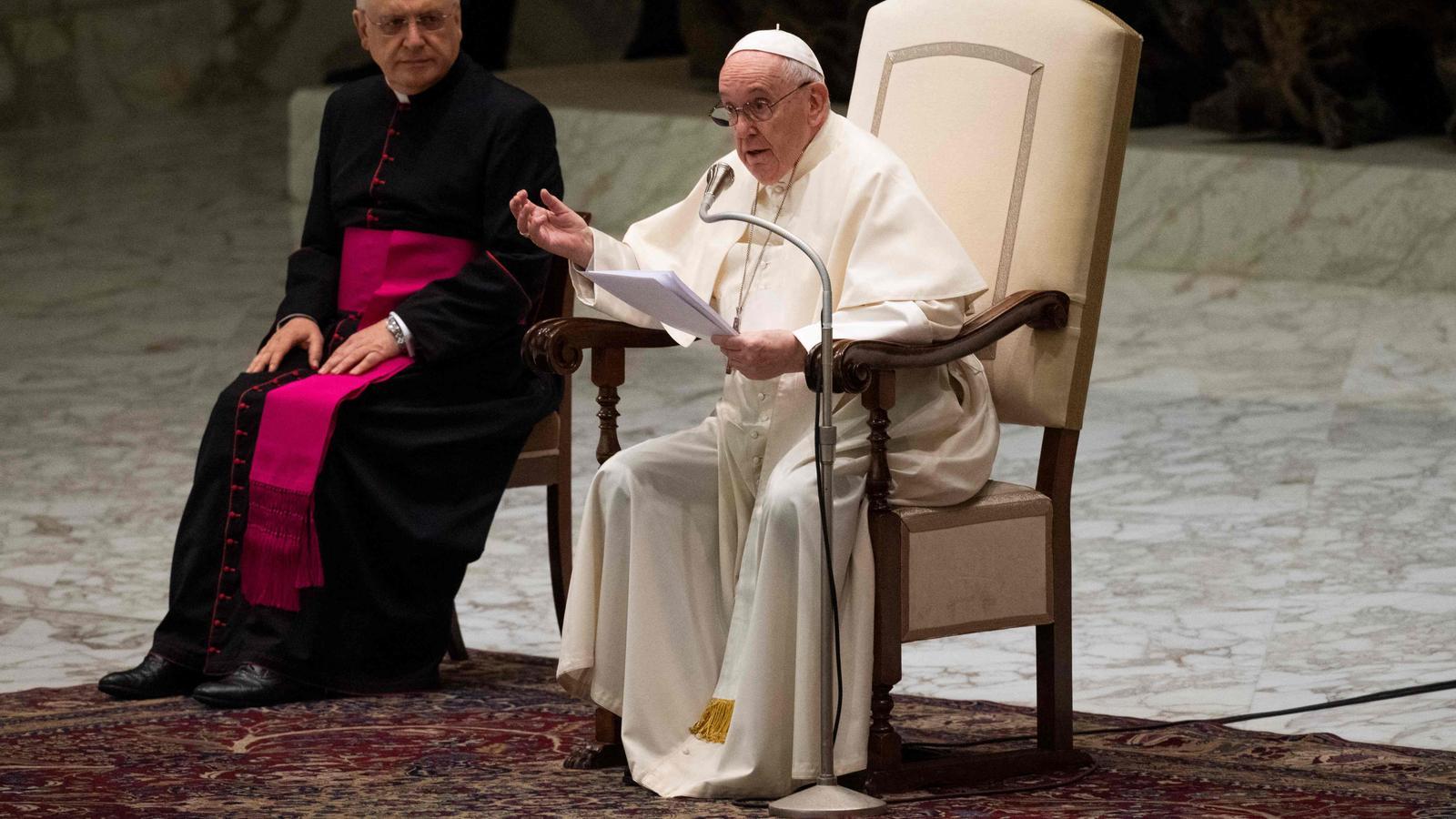The Pope plays down the debate on Catalonia


BarcelonaPope Francis surely upset a very important part of the Spanish ecclesiastical hierarchy with the naturalness with which he faced Carlos Herrera's questions on Cope about the Catalan independence bid. Far from the tearing of garments and the usual fussiness in the pronouncements of certain bishops, the pontiff took the heat off the issue the issue by recalling what is a historical truism, and that is that there are many precedents for the independence of countries in the recent European past, and he specifically cited the case of Kosovo, which Spain does not recognise precisely because it considers it a dangerous precedent for Catalonia or Euskadi. Francis, however, went beyond normalising and de-dramatising the debate on the independence of Catalonia, and put his finger on the sore point when he emphasised the concept of reconciliation: "National unity is fascinating, but it will never be achieved without the reconciliation of peoples", he said. In this sense, the Holy Father urged Spain to "reconcile itself with its own history".
Pope Francis thus distances himself from those who consider national unity as "a moral good of obligatory protection", in the words of Cardinal Antonio Cañizares or the former president of the Spanish Episcopal Conference, Antonio María Rouco Varela. And in just a few sentences he dismantles the thinking that is hegemonic in conservative and ultra-Catholic circles today, namely that Spain has no reconciliation problem (except for the attempts of the left to stir up the past) and that national unity is not merely a political question but a question of faith. And, on the contrary, the Pope aligns himself with the more moderate and dialoguing sectors, led by the current president of the EEC, the archbishop of Barcelona, Joan Josep Omella.
Omella was the architect of the position of the EEC in favour of pardons, which caused a barrage of criticism from all sectors of the right (from Casado to Abascal) and even other members of the Church. His rival in the election as head of the Episcopal Conference, the Archbishop of Oviedo, Jesus Sanz Montes, published a highly critical article in the Abc regarding the support for political pardons. And former Spanish president José María Aznar, also recalling the conciliatory words of the president of the CEOE, Antonio Garamendi, launched one of his admonitions: "These are days to write down and not forget".
The pontiff's words are an explicit support to the conciliatory position that the Catalan Church has tried to maintain during all this time and that has provoked strong criticisms both from his Spanish colleagues and the most Spanishist sectors as well as from the most unredeemed independentism. Some of them, like the resigned bishop of Solsona Xavier Novell, had visited political prisoners in prison (this is not the case of Omella, however, who has always calculated his gestures very well).
In any case, these words should also help the Spanish president, Pedro Sánchez, to lose his fear of facing the open debate in Catalonia and also others such as that of historical memory. Because the wind of the Vatican will not always be in his favour.
